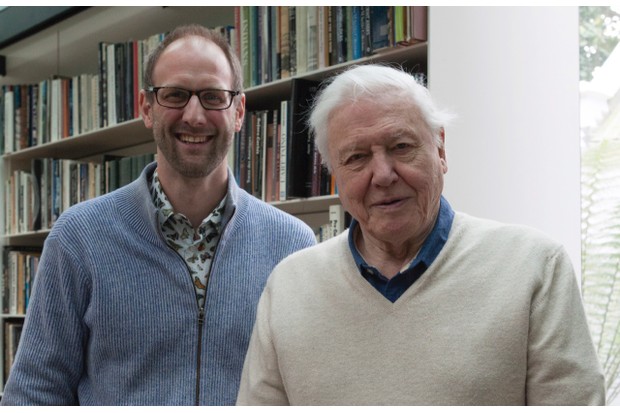We know that there are many intelligent animals, and that we can communicate with them in individual ways. But can animals ask humans for help?
Can animals ask humans for help?
Pet parrots have been known to ask their owners for things. Alex, the African grey parrot who lived with the scientist Irene Pepperberg and contributed much to our understanding of avian intelligence, would request cuddles. In the wild such interactions are extremely rare. In fact, only one wild bird actively solicits our help – the greater honeyguide.
The behaviour does not occur throughout the honeyguide’s African range. But in parts of Kenya, Tanzania and Mozambique, it forms a partnership with humans in which both parties benefit. The little brown bird feeds on wild honeybee nests – in particular, the larvae and waxy structure. The problem is, bees’ nests are sturdy and well defended. So the honeyguide asks for assistance. Having found a nest in a tree, it uses a squeaky call to attract the attention of people nearby, then repeatedly flies a short way and calls again, guiding its helpers to the nest like a feathery satnav. The human honey hunters climb the tree and soon are sharing the spoils with their guide.
A brilliant piece of research by ornithologist Clare Spottiswoode discovered that when people whistle to the honeyguide, it also understands them and flies over. It’s a two-way conversation. People from different tribes use different calls, and honeyguides are more likely to respond to those of their local honey hunters than the unfamiliar calls of people from further afield.
More of your questions answered
Main image: an African grey parrot/Credit: Getty
